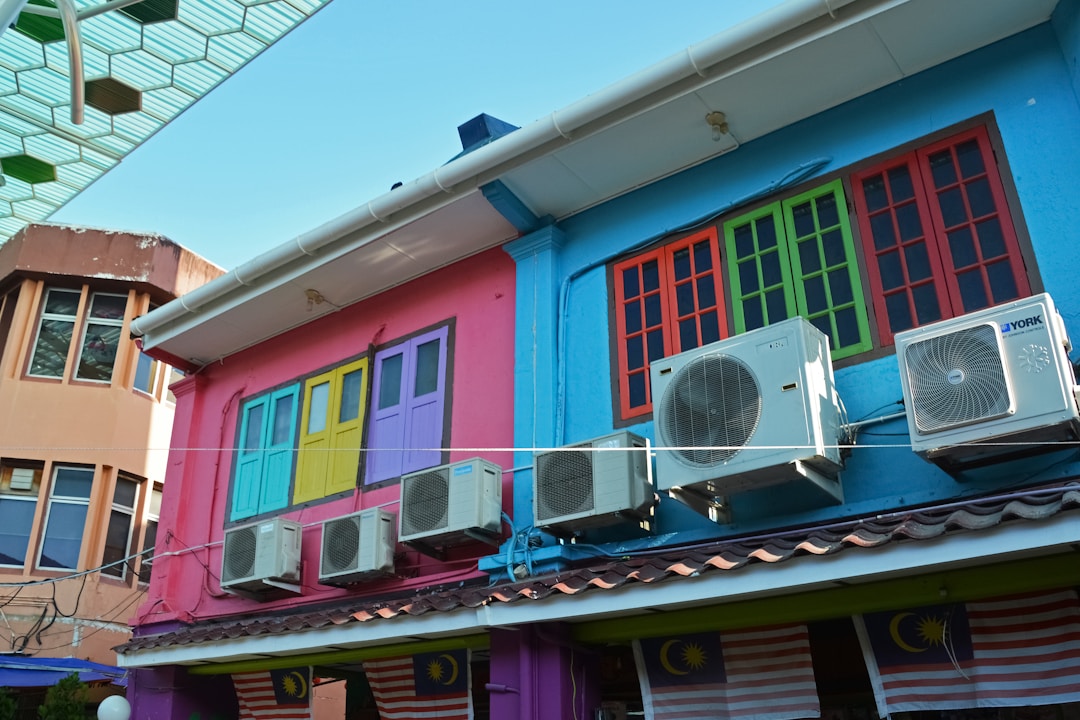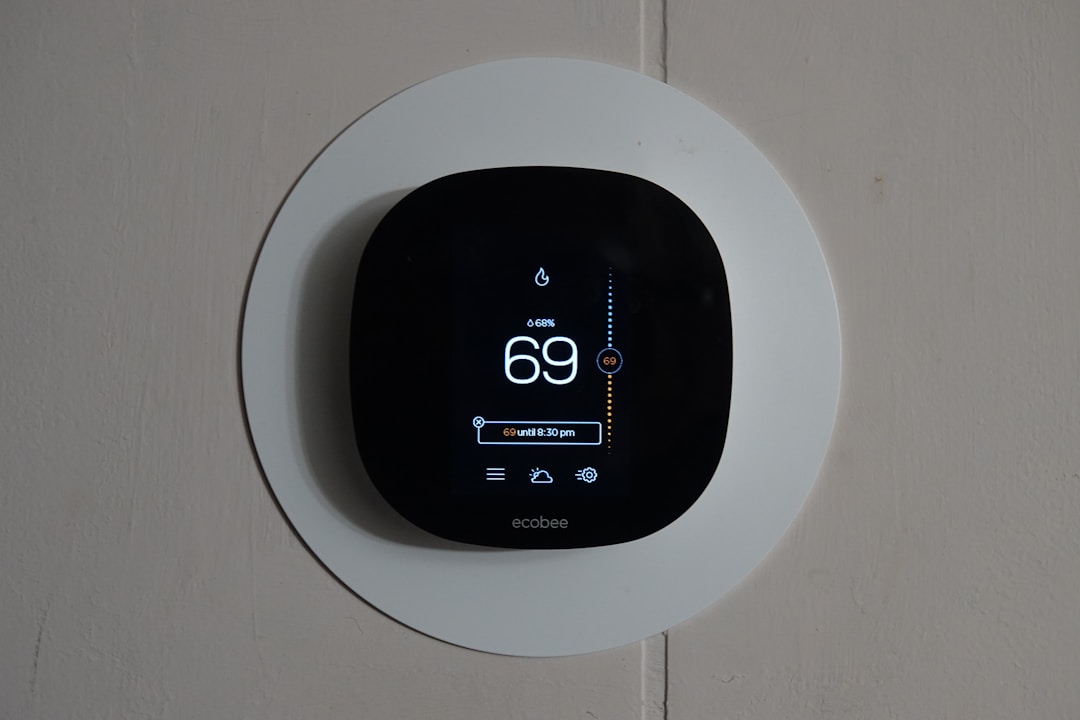Owning your home can be an exciting milestone, but adjusting to handling your own repairs can be tough. When something breaks down, it’s hard to know who to call or how to fix the problem. Fortunately, there are plenty of resources online and off that can teach you everything you need to know, including when to call for help. HVAC systems are particularly important, and they can affect your safety and quality of life in several ways when they break down or malfunction. If you’re experiencing leakage from your AC unit, keep reading to find out why your air conditioner might be leaking water.
Why is your air conditioner experiencing water leakage?

The most common cause of water leaks is a clogged condensate drain line, which is typically due to algae buildup. When this happens, algae creates a blockage inside your air conditioner’s pipes that will prevent water from draining. A frozen evaporator coil is another possible source of the problem. Coils can freeze for a variety of reasons, including the presence of a dirty air filter, dirty evaporator coils, or a low refrigerant charge.
Your water leakage could also be caused by installation issues. Improper leveling of your AC unit can cause water to drain incorrectly. This will result in water building up in your AC’s drain pan. Issues with piping can also cause leakage. If you find yourself asking, “Why is my air conditioner leaking water?”, it may be time to call an HVAC technician. The truth is that it’s always better to have an experienced professional evaluate the unit rather than attempting to diagnose or resolve the issue on your own.
The best thing you can do to protect your air conditioner and your HVAC system as a whole is to be proactive about care and maintenance. HVAC systems should be inspected at least once annually, and experts recommend that you change the filter at least once every 90 days. Some homeowners prefer to change theirs as often as once per month. If you’re experiencing frequent problems or breakdowns and your HVAC system or air conditioner is over 10 years old, it may be time to start thinking about a replacement.
How else can you keep your home cool?

One of the most effective ways to improve temperature control within your home is to upgrade to a smart thermostat. Smart thermostats are Wi-Fi-enabled devices that can be used with home automation. They can typically be controlled from an app on your mobile phone or a smart speaker. A smart thermostat can adjust the temperature automatically while you’re not home or asleep to conserve energy, in addition to using an algorithm to learn your typical arrival time. Smart thermostats can even lower your monthly utility bills.
The condition of your windows can have a significant effect on the temperature indoors. Cracks and crevices can let in outdoor air. This will, naturally, impact the temperature and force your HVAC unit to work harder to compensate for the change. Inspect your windows every few months to ensure that there aren’t any worrying imperfections. Long drapes or curtains can also provide an extra layer of insulation and reduce sun exposure.
As you can see, there are a number of reasons that your AC could be leaking water. Though some are minor, water leakage can also be an indication that something is wrong with your air conditioner. You should always have an HVAC technician inspect your unit whenever you notice a problem, as it can help you avoid an even more costly breakdown. There are also other ways you can cool down your home when the temperature starts to climb, but nothing will have a larger impact on the temperature inside your home than your HVAC system.


